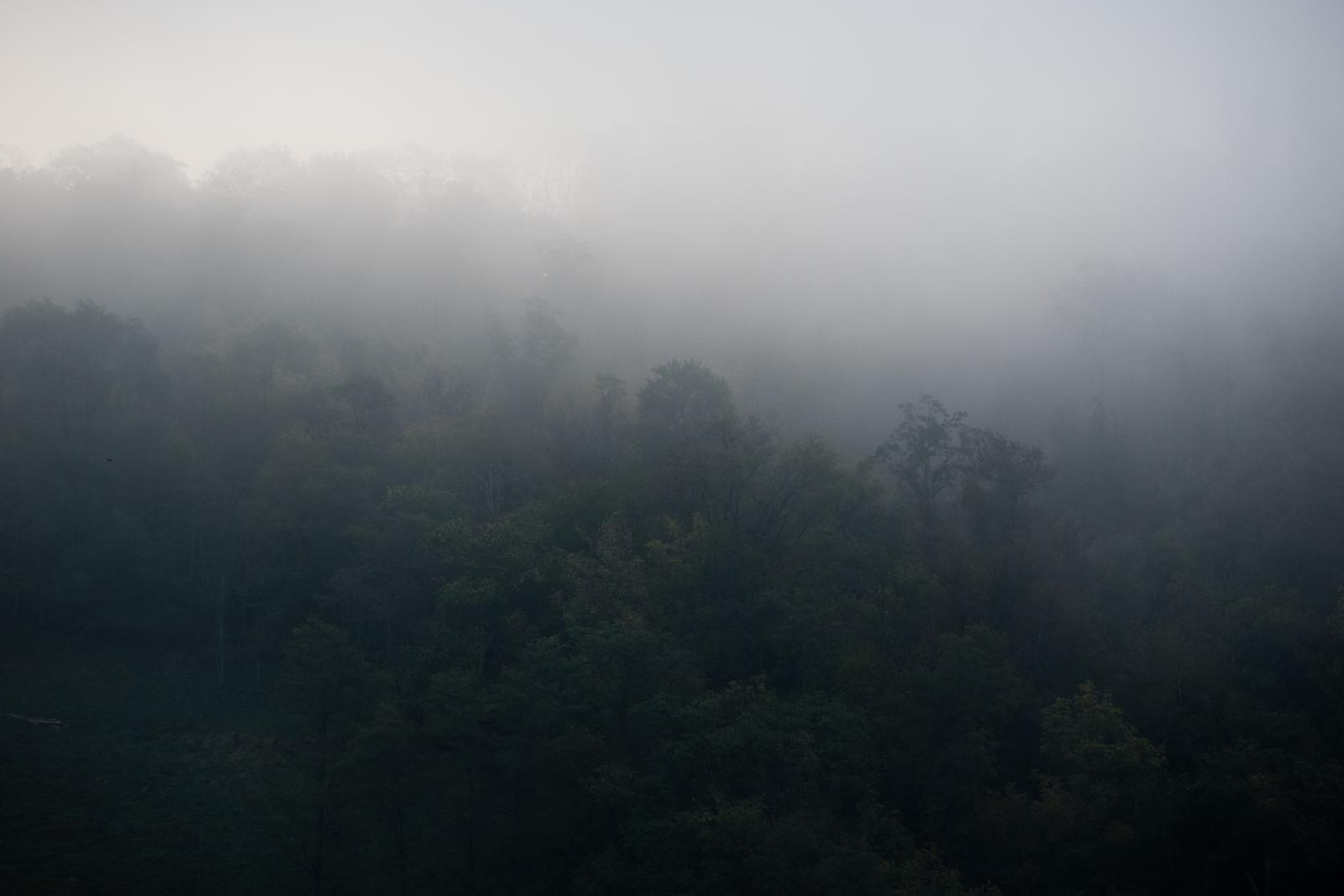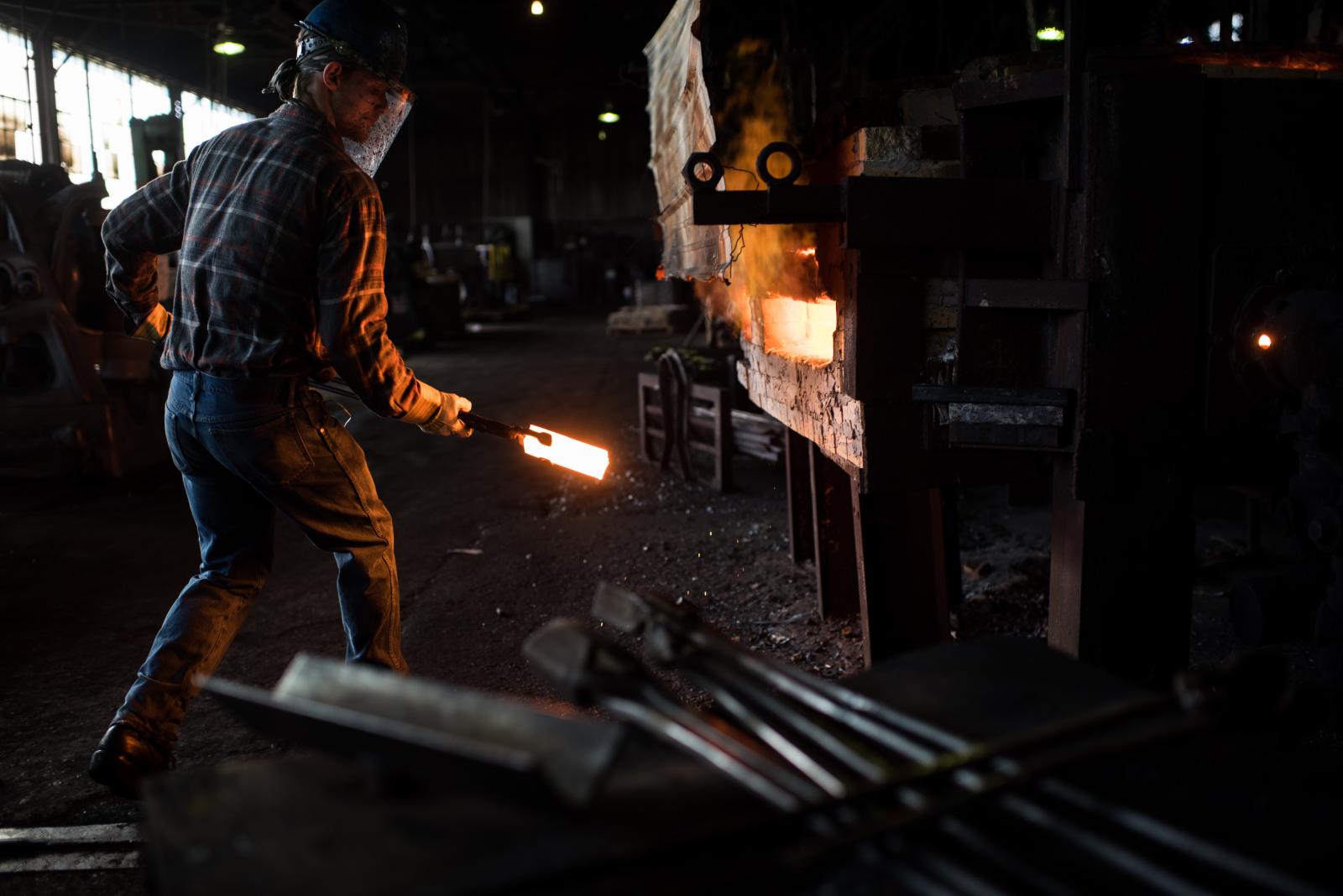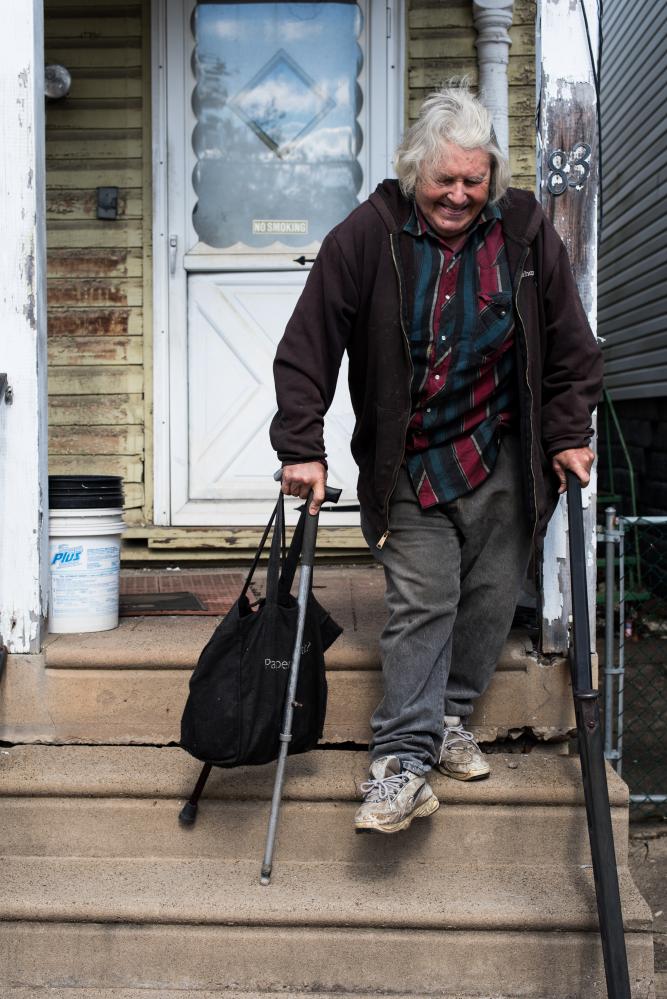During the late 1800s and early 1900s, the city of Wheeling, West Virginia, hummed with the sounds of production. The Industrial Revolution in the United States was in full swing and had been drawing large numbers of people from rural areas of the country and from overseas to America’s burgeoning cities, including to this one located along the banks of the Ohio River in the Appalachian foothills. Those who arrived in Wheeling at the time found work in coal mines, iron works, steel mills, tool shops, glass companies, breweries, and cigar factories. And while Wheeling’s working-class laborers often faced pollution, long hours, and low wages, many of them managed to persevere and carve out an existence in the city. Some eventually achieved the prosperity they’d sought.
This is the Wheeling that frequently occupies the thoughts of the city's older residents—the city they say their forbears doggedly built and the one they remember with pride from the days of their youth. Over the course of the second half of the 20th century, the surrounding Upper Ohio Valley's manufacturing industry collapsed, fueling a steady exodus of working-age people and the city’s deterioration. Wheeling's population has fallen from its peak of 61,659 residents in 1930 to fewer than 28,000 in 2015. Given that viable full-time job opportunities remain in relatively short supply, demographers predict that it will be difficult to stop this slide.
However, despite the challenges, small signs of renewal are perhaps more visible in Wheeling today than they have been in years. Long-time residents and newcomers have founded city partnerships and grassroots organizations with the hope of revitalizing the city. They’re striving to preserve and promote its history, grow healthy food in what has long been considered a food desert, and create community for those who have been neglected and marginalized. A collective reassessment of the city's identity is taking place, yielding both eulogies for what is missing and hope for what might be restored or invented.
What calls to people in Wheeling today? Is it the song of dusk enveloping the grand old bridge? Is it the theater where Frankenstein appeared on screen before an entranced audience at the midnight show? It could be something already lost to time, like that elusive specter of the now vacant department store's holiday model trains making their rounds or some other loved thing that may somehow return to town. Or it could be the sense of promise that was held between these hills for someone's parents, the promise that built this city and then survived its precipitous fall, a promise that says you could write the next chapter of Wheeling's story.



